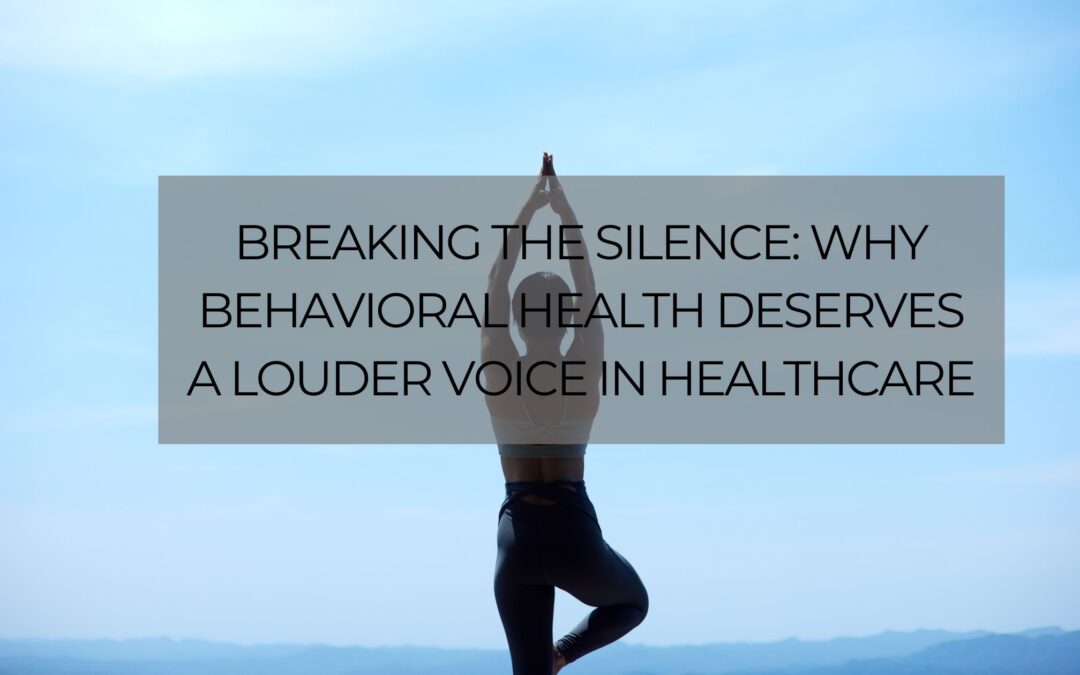For too long, mental and behavioral health have been treated as afterthoughts in our healthcare system. While we pour billions into physical health treatments, the conversation around mental well-being still battles stigma, underfunding, and neglect. But here’s the truth: behavioral health is healthcare. And it’s time we treated it that way.
The Ripple Effect of Untreated Behavioral Health
Behavioral health issues—ranging from anxiety and depression to substance use disorders and PTSD—don’t exist in a vacuum. They impact:
- Physical health (higher risk of chronic illness)
- Work performance
- Relationships
- Community safety
According to the National Institute of Mental Health, nearly 1 in 5 adults in the U.S. lives with a mental illness. The cost of untreated behavioral health issues? Over $100 billion annually in lost productivity alone.
COVID-19 Was a Wake-Up Call
The pandemic exposed what many in the behavioral health field already knew: we were unprepared. Demand for therapy, counseling, and crisis intervention soared. People needed help, and the system buckled under the weight. But it also sparked innovation—teletherapy, mental health apps, and increased public awareness.
Breaking the Stigma
We need to normalize talking about therapy like we talk about getting a physical. Mental health support should be seen as proactive, not reactive. When leaders, companies, and influencers speak openly about therapy, they shift the culture.
Integrated Care Is the Future
The best healthcare models treat the whole person. Integrated care means bringing behavioral health into primary care settings, so your doctor can refer you to a therapist the same way they’d refer you to a cardiologist. It’s seamless, stigma-free, and effective.
The Bottom Line
Behavioral health isn’t optional. It’s foundational. It’s time we treat it with the urgency, funding, and respect it deserves.
